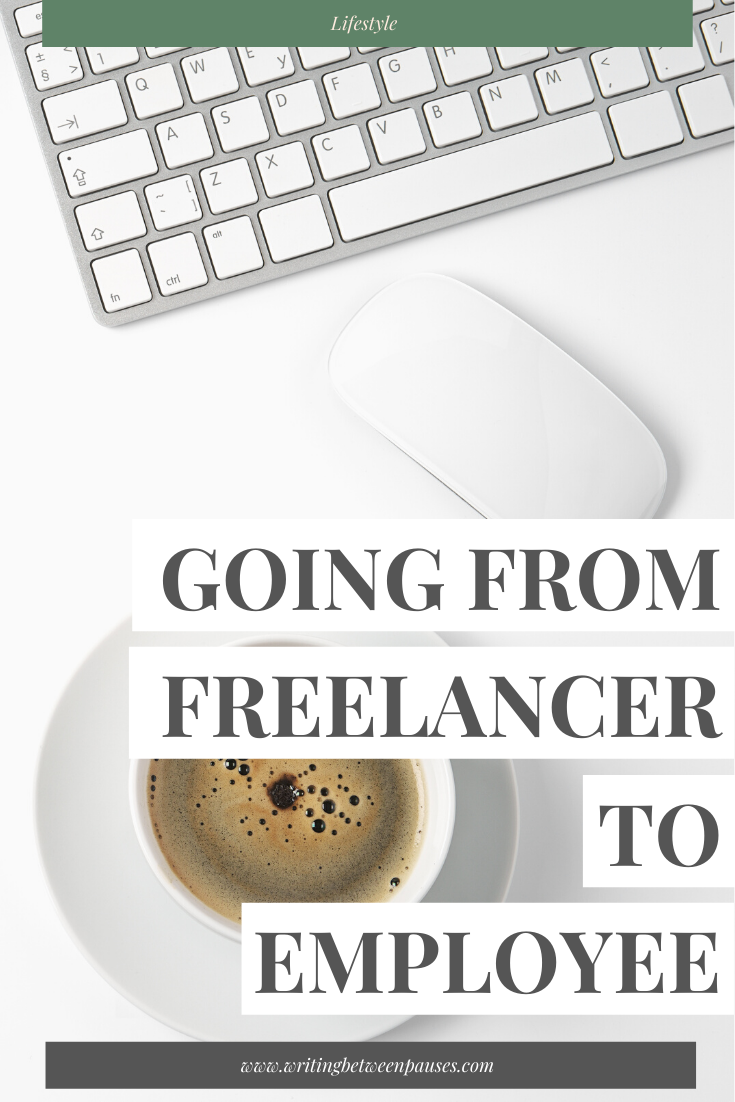I think by this point, anyone who knows me knows that I am pretty high strung: I'm neurotic and I pretty much worry 24/7. It's not super pleasant, but it's who I am.
I often tell Danny that I worry I don't work hard enough, that I don't write enough, that I'm just not doing enough.
This is a weird combination of worrying that I'm being seen as lazy when I relax and imposter syndrome, which is when you're constantly waiting for the people around you to realize you are a fraud.
Again, not super pleasant, but incredibly common.
When it comes to content marketing, I spend most of my days writing: social media, email campaigns, blogs. You name it, I'm writing it. When I'm not at work, I'm at home, thinking of blogs to write for my personal blog, thinking of social media to post. By my own counts, I'm creating about 85% of my day.
And yet, sometimes, at the end of the day, I'll say to Danny, "I wish I had more time to write."
Every time I say this, he looks at me like I am crazy. And really, I am. He always says that my writing output is prolific; of everyone he knows, he says, I write the most, period. But I don't believe it.
When I add up the words in my head, it feels disjointed. Something seems off about it.
I had a talk with myself about this the other day, especially as NaNoWriMo approaches. I wonder if I'll be able to write 50,000 words in a month alongside all the other writing I do. Will I have time?
I want to write more, but at the same time, I realize that I write so much during the day. I crank out content at a near constant rate.
My boss often says that in a work capacity, especially in creative positions, you're output level is about 80%: you can work 30-32 hours a week pretty successfully, but those last 8 hours of work... are rough. Human beings are not designed to be creating 100% of the time, especially at professional levels. It's just not possible. Our brains get tired.
But sometimes, that's what I expect from myself. "Why can't I write an emailer campaign, two blogs, two weeks worth of social media, and a short story all in one day!?" I don't think I literally think that, but sometimes, when I'm beating myself up for not spending more time writing in the evening, I can't help but wonder if that's how I think.
For me this is the hardest part of working in content marketing: the creative drain it puts on me.
I put all my creative energy into content creation, 65% of which benefits my job (not my personal brand). The rest of the time, I'm creating for my blog--which leaves very little time to create for myself. That includes journaling, scrapbooking, and fiction writing.
It's exhausting. And it's hard.
It's hard to be a creative in content marketing. Sometimes, it feels like a void that is just pulling me in and giving me very little in return for all the creative energy it uses.
But realistically, it's up to me to draw the line. I can push myself: I can scramble to fill up the rest of my day with creative writing, alongside everything else I do; or I can take a break from something.
What I decide to do will ultimately only be benefit: I can either work on my anxiety and my creative spirit; or I can more fully take on my career in content marketing. It's a draw, at this point.































